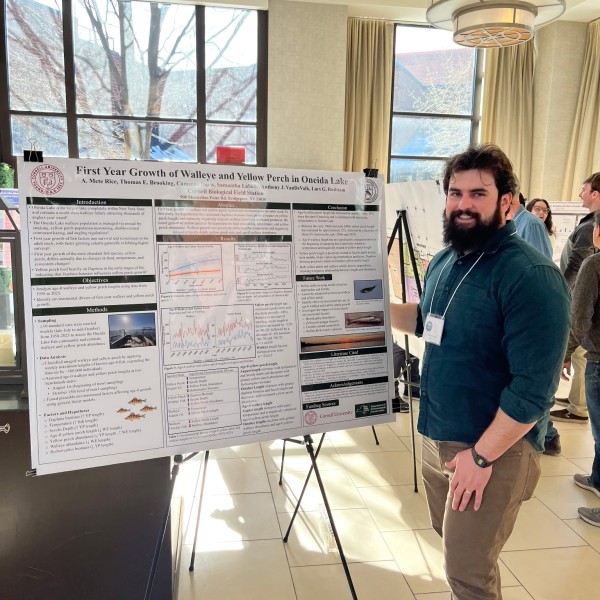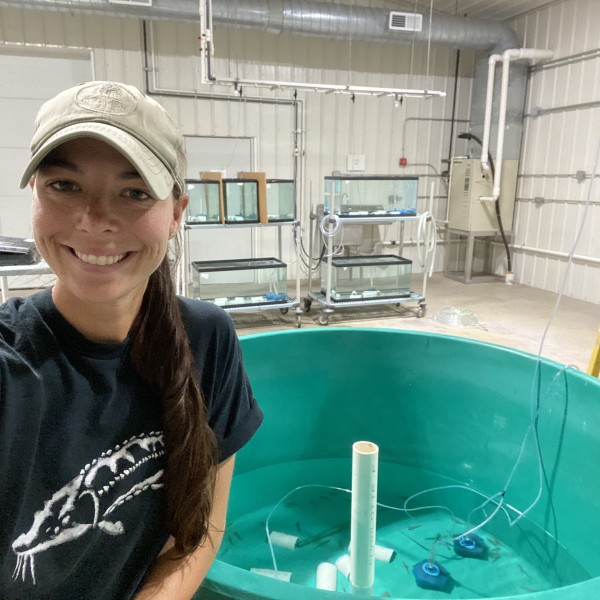Long term monitoring programs are important for understanding how ecosystems change over time. Additionally, understanding changes in the zooplankton community, the primary food for larval and forage fish, is vital for understanding the overall aquatic food web.
Stephanie E. Figary, Kristen T. Holeck, Christopher W. Hotaling, James M. Watkins, Jana R. Lantry, Michael J. Connerton, Scott E. Prindle, Zy F. Biesinger, Brian P. O'Malley, Lars G. Rudstam




